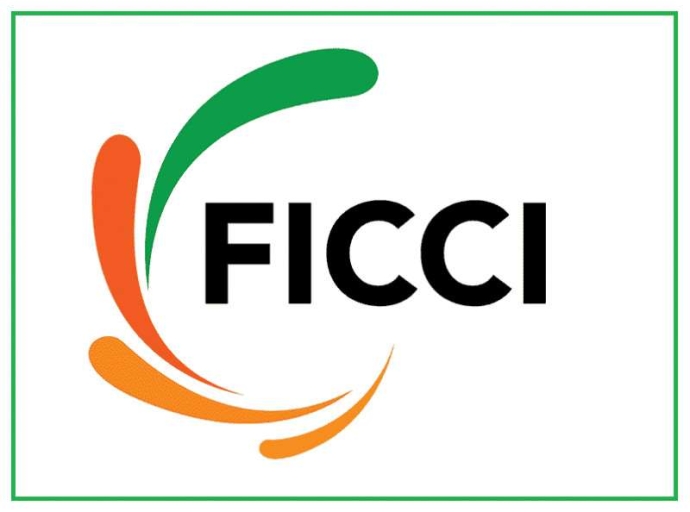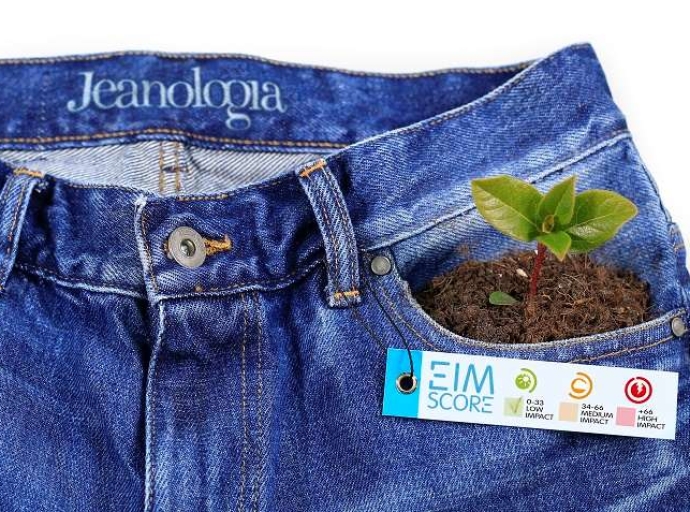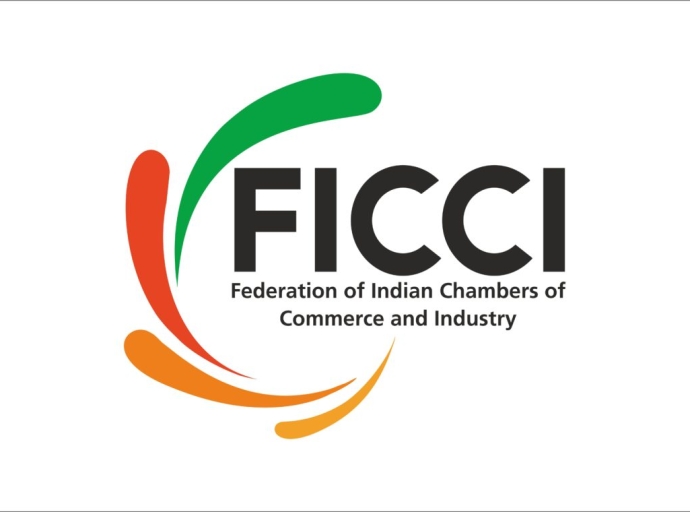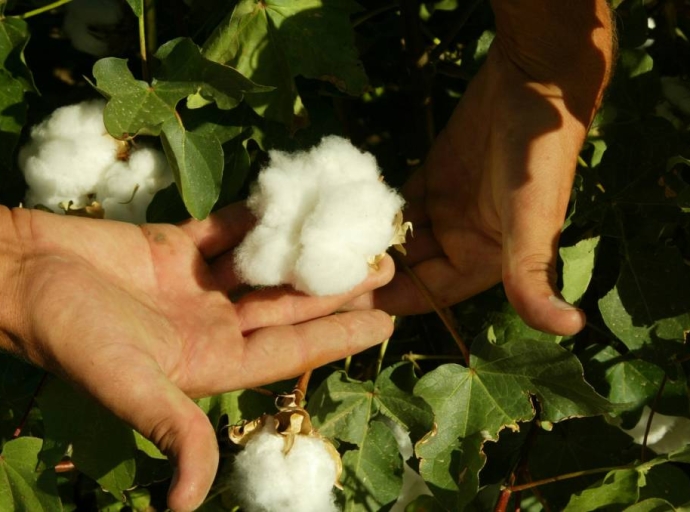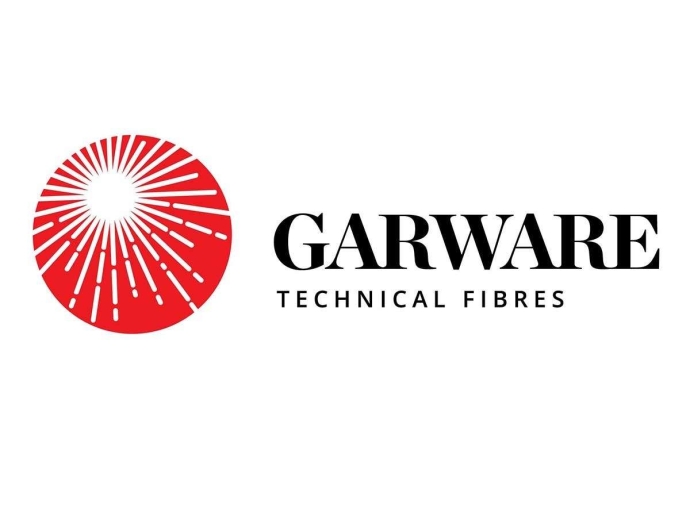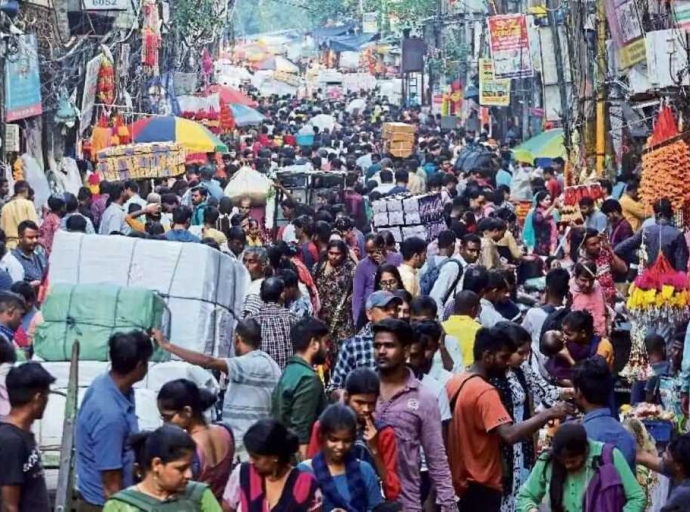20 November 2023, Mumbai
Amazon Global Trade, Amazon's new B2C platform, has successfully onboarded over 100,000 small sellers onto its e-commerce platform, aiming to boost merchandise exports from India to reach $20 billion.
Bhupen Wakankar, Director of Global Trade, says a significant number of new entrepreneurs joined the platform this year. The surge in demand for 'Made in India' products, particularly organic health supplements, homeware items such as bath towels and jute rugs, and robotic games for children, has been a driving force behind this expansion.
In the previous year, exporters saw a remarkable 70 percent growth in their business through this platform, benefiting from logistical support and access to a vast customer base of over 200 million Amazon Prime members globally.
Optimistic View
Notably, substantial growth was observed in various categories, including beauty, apparel, home goods, kitchen products, furniture, and toys. Sales were further propelled by key holidays such as Halloween, Thanksgiving, Black Friday, Cyber Monday, Christmas, and New Year, primarily in markets like the United States, Britain, Canada, Australia, and Germany.
In an effort to stimulate exports, Amazon implemented a reduction in subscription fees for its global selling program, lowering the cost from $120 to $1 for the first three months for exporters signing up before March 31.


